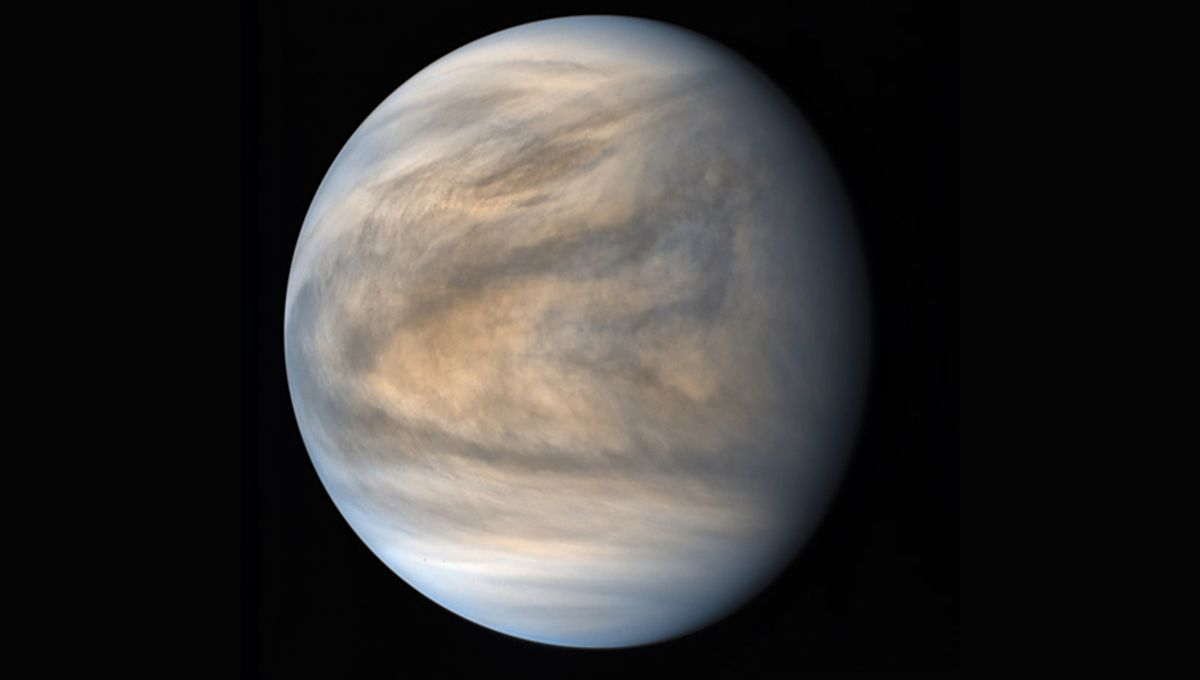
You wouldn’t want to be on Venus right now. Or any day really. The atmospheric pressure and temperature are so high that you would be flattened and cooked immediately. It is much more bearable in the clouds of the planet, with a tropical climate and Earth-normal temperatures – as long as you don’t mind the sulfuric acid. Clearly, it’s an inhospitable place for us anywhere, but would some life be able to survive? New evidence suggests that at least its basic components are unaffected.
The work conducted by Professor Sara Seager, her son, and a team looked at amino acids – the building blocks of proteins, crucial for life. The team wanted to know how an extremely acidic environment affects these molecules. They found that 11 out of 20 amino acids tested were unmodified, and another eight were modified only in their side chains after four weeks at extremely high concentrations of sulfuric acid.
This latest work follows a previous study by Seager about the stability of nucleic acid bases in sulfuric acid. These bases are the components that make up DNA and RNA. They too can survive unscathed in the extreme environment of the clouds of Venus.
“Concentrated sulfuric acid’s chemical properties differ significantly from that of water, so much so that our results may appear unexpected. Our findings help to challenge the prevailing misconception in the astrobiology and biology communities that organic chemicals are uniformly unstable in concentrated sulfuric acid,” the researchers wrote in their latest paper.
Chemical stability is not equivalent to life, but it certainly moves the dial away from impossible. Habitability in the clouds of Venus has been a hot topic since the detection of phosphine in them. The molecule is produced by life forms on Earth, but it is not clear what creates it there.
Ultimately, to understand what goes on, or might go on, in the clouds of Venus, we need to go there. Multiple missions are being planned for the second rock from the Sun. The first is a private one next year, and both NASA and the European Space Agency have missions to study the planet next decade.
“Venus, our neighboring planet, lies conveniently close, which allows us to directly probe its cloud particles through space missions,” the authors write in the paper. “Ultimately, a sample return from the Venusian atmosphere may be necessary to robustly ascertain the presence of life, if indeed life exists there.”
The study has been accepted for publication in the journal Astrobiology, and is available on the ArXiv.
[H/T: Phys.org]
Source Link: Building Blocks Of Life Survive In The Sulfuric Clouds Of Venus